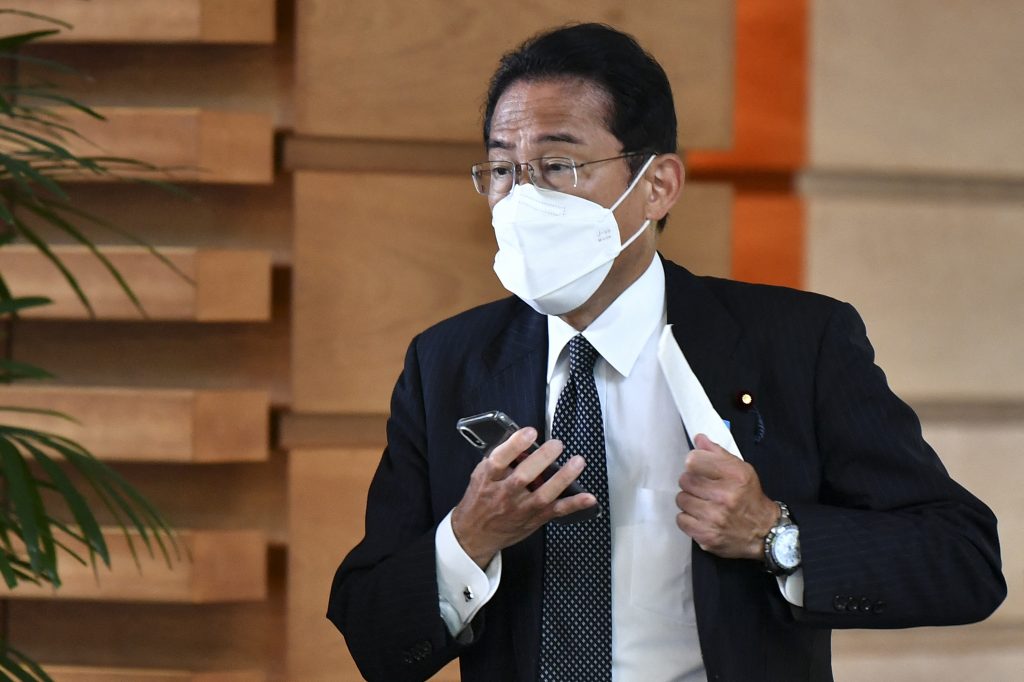
- ARAB NEWS
- 14 Jul 2025

TOKYO: The ruling Liberal Democratic Party achieved a major election victory by winning a majority of the seats contested in Sunday’s election for the House of Councillors, the upper chamber of the Diet, Japan’s parliament.
The LDP secured 63 seats, more than half of the 125 seats up for grabs in the poll, which took place amid the lingering shock from the fatal shooting of former Prime Minister Shinzo Abe during a stump speech Friday, an unprecedented incident in Japan in the post-World War II period.
For Prime Minister Fumio Kishida, the LDP president, the election marked the second straight victory in a major national election.
In the opposition camp, the largest force Constitutional Democratic Party of Japan failed to maintain its 23 contested seats, winning only 17 seats, while Nippon Ishin no Kai (Japan Innovation Party) secured 12 seats, up from its six contested seats.
Four parties positive about constitutional reform–the LDP and its coalition partner, Komeito, plus Nippon Ishin and the Democratic Party for the People–won 93 seats together. They thus maintained their two-thirds majority in the Upper House including seats not contested this time, the minimum required for the chamber to propose a revision to the supreme law.
“We’ll continue efforts also to protect democracy,” Kishida, the LDP president, said in a television program, referring to the shooting attack on Abe.
The LDP and Komeito garnered 76 seats together, easily topping Kishida’s target of winning at least 55 seats, the minimum necessary for the pair to maintain their Upper House majority.
While voicing his appreciation for the results, Kishida vowed to “engage in politics with a strong sense of responsibility.”
He also showed eagerness to amend the Constitution, saying, “We’ll focus on efforts to draft a proposal (for the revision).”
The LDP won 28 of the 32 prefectural constituencies each with one seat up for grabs, while the remaining four were won by the opposition side.
This time, opposition forces failed to unify candidates in many constituencies.
“We (opposition parties) have failed to become a force to which the people can entrust government. The blame is on the inadequacies of the opposition parties,” CDP President Kenta Izumi told a press conference.
The Japanese Communist Party and the DPFP failed to maintain their pre-election strength.
Nippon Ishin won two seats in the Osaka prefectural constituency. It doubled the number of its Upper House seats, given its brisk performance in the nationwide proportional representation bloc.
This was the first major national election for Kishida since the October 2021 poll for the House of Representatives, the lower chamber. Key election issues included the fight against soaring prices and national security, both highlighted by Russia’s invasion of Ukraine.
Up for grabs in Sunday’s poll were 124 seats–74 for prefectural constituencies and 50 for the nationwide proportional representation system–plus one seat to fill a vacancy in Kanagawa Prefecture, eastern Japan.
A total of 545 candidates ran in the election–367 in prefectural constituencies and 178 under the proportional representation system. The total number of Upper House seats has been increased by three to 248.
Each Upper House member has a term of six years. An Upper House election takes place every three years, with half of all seats contested each time.
JIJI Press